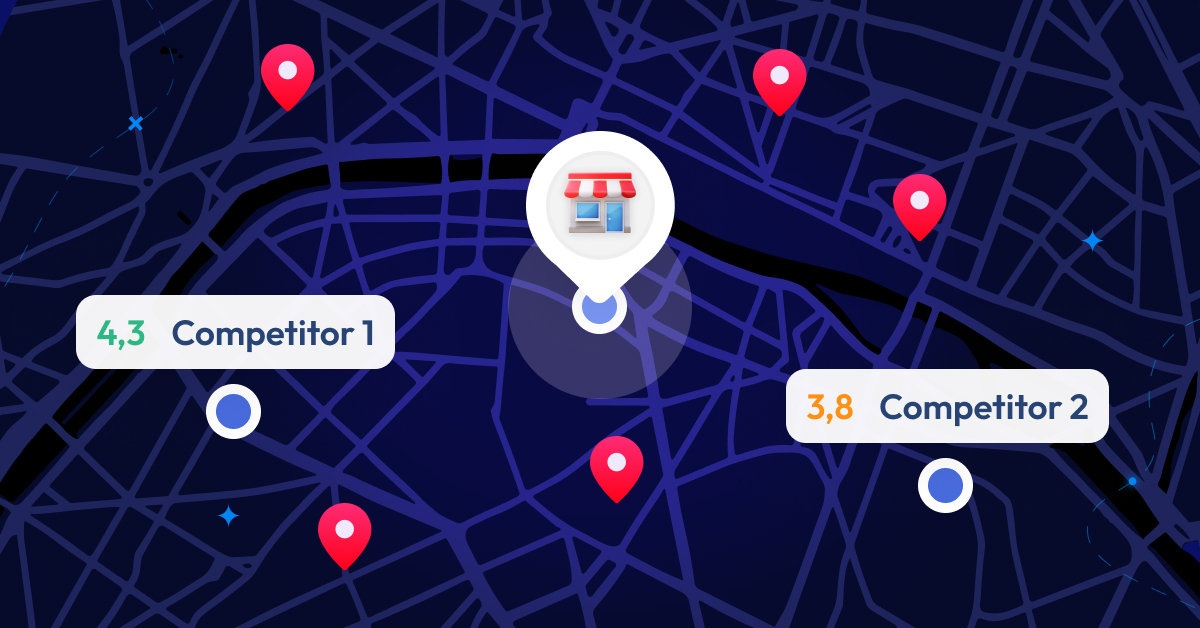
Partoo Launches its Competitive Benchmarking Tool
We are thrilled to introduce the latest addition to the Partoo solution: the Competitive Benchmark!…
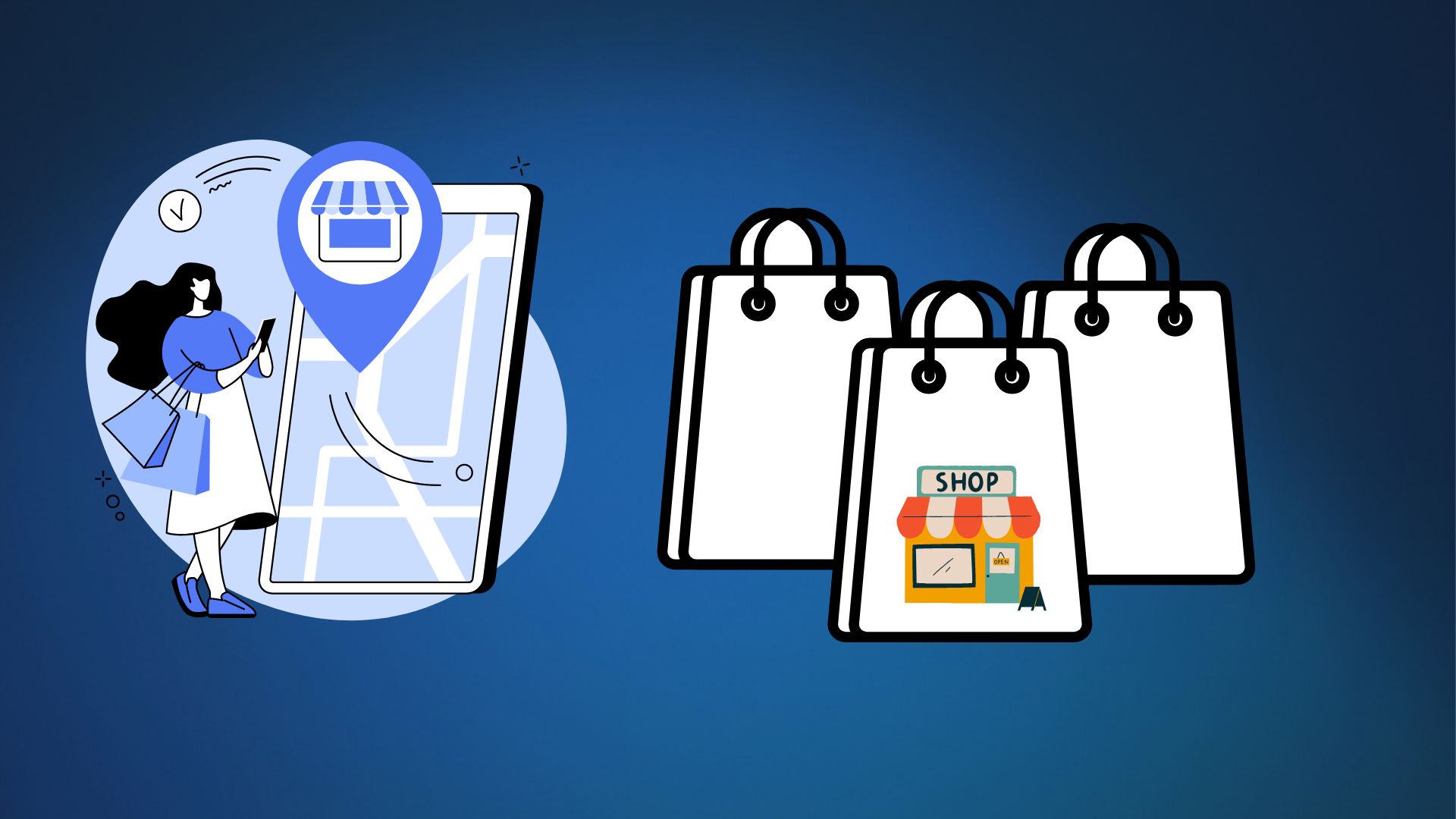
Table of contents
Many large fashion chains (ready-to-wear, premium, luxury, shoes…) already use a Store Locator. And rightly so! This interactive map that lists and geolocates all their shops is a valuable tool.
When it is technically well optimised, the Store Locator allows you to improve the referencing of your shops, the SEO of your site and to gain customers. It is therefore a product to integrate to boost your web-to-store strategy.
What’s a Store Locator?
The “store locator” is an interactive map directly integrated into your website. Its purpose is to geolocate all your points of sale to guide users towards the best choice.
They simply need to locate themselves, or search by country, city or postcode to find the nearest point of sale.
When the Store Locator is well optimised, each shop has its local page with a dedicated URL. All its relevant information (opening hours, address, telephone number, services, etc.) is summarised there.
The “store locator” is an interactive map directly integrated into your website. Its purpose is to geolocate all your points of sale to guide users towards the best choice.
They simply need to locate themselves, or search by country, city or postcode to find the nearest point of sale.
When the Store Locator is well optimised, each shop has its local page with a dedicated URL. All its relevant information (opening hours, address, telephone number, services, etc.) is summarised there.
Even though many users obtain information from Google Business Profile (formerly Google My Business) or Google Maps, they still visit the website. This is why we advise you to have a Store Locator to make the link between your digital and physical shops, directly on your website.
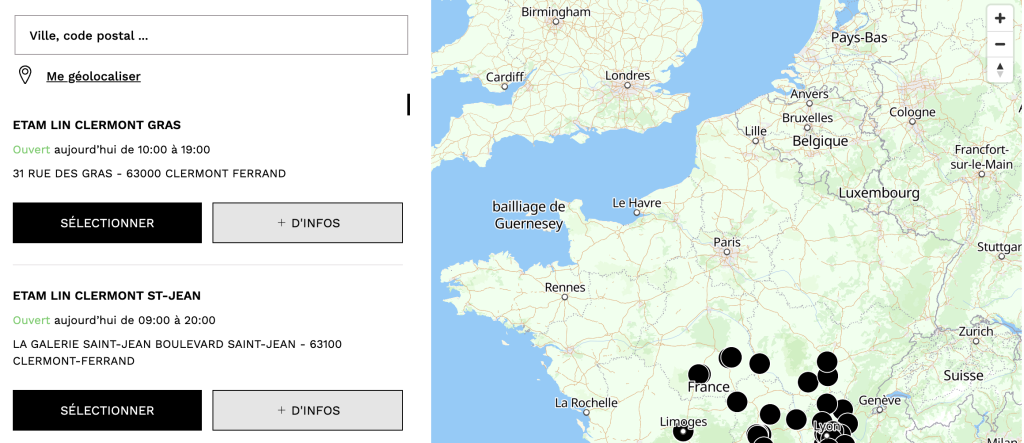
Although the share of e-commerce in the ready-to-wear sector has increased since Covid (21% in 2022 according to Fevad), in-store purchases continue as usual. To try on, to compare or just for the pleasure of shopping, most of the time customers go to the physical shop.
In this context, all the digital levers are useful to increase the traffic in the shops and to make users choose you rather than the competition. For this reason, the Store Locator can be a valuable ally.
If it is well indicated on your site, visitors only need a few clicks to find the desired information and eventually take action.
This is the main purpose of a Store Locator: to make it easier for potential customers to visit your website and help you improve your conversion rate.
Optimising your Store Locator for SEO is the key to its effectiveness. The idea is to make your location pages appear on local queries related to your brand, but also to your activity (“clothing shop Notting Hill” for example). To appear in the first results of the search engine is to increase your audience and your number of potential customers tenfold.
Special care must therefore be taken to optimise the technical aspects, taking into account the following parameters:
When it is effective, the Store Locator can increase your traffic, but also your turnover:
According to our experts, this is the process to smoothly launch your Store Locator project.
Your location pages should include the following features and information:
This will make it easier for your potential customers to find you.
Whether it is developed in-house or by a service provider, the various technical elements of your Store Locator must be validated. The impact of the tool on your SEO and conversions depends on it.
First and foremost, the information in your Store Locator should be identical to that published on other platforms. Addresses, telephone numbers, opening hours… it is important to harmonise everything.
Some companies, such as Partoo, offer to centralise all this data and distribute it to all relevant sites (social networks, directories, review sites, etc.). This is what we call Presence Management.
So the idea is to save your team’s time and avoid mistakes, which could be detrimental for your SEO.
Secondly, your Store Locator must have a custom URL: “www.boutiques.partoo.fr” for example. This is a referencing criterion and a positive signal sent to search engines. They will therefore index and rank your Store Locator more easily.
In addition, make sure that the URL is dynamic and adapts to the pages visited. For example, adding the name and location to the URL of local pages is good practice.
Here are some technical guidelines to follow:
This is not trivial, these are 2 important elements for your referencing.
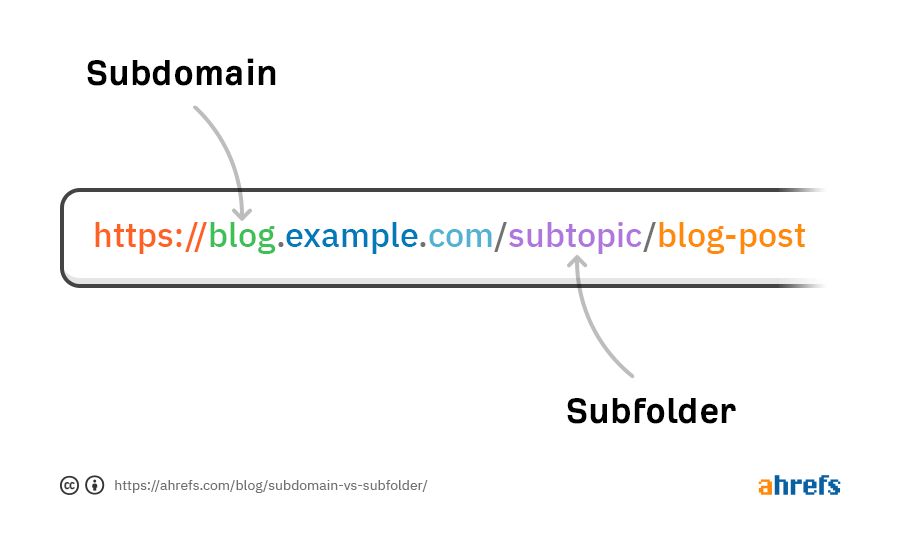
According to Google and most analyses, the two alternatives are equal. Only the needs and characteristics of the website should therefore determine your choice. Google and other search engines index subfolders and subdomains in the same way.
It’s the best way to have a “plug & play” solution ready to use without the need for laborious technical configuration on your side.
The design of a good Store Locator is complex and requires significant technical skills. Often, having a service provider accompany you is the right solution, but first you have to check that the price, the service and the support offered are up to scratch.
The Store Locator is a strategic project for your company. It is a lever to increase the turnover and the referencing of your shops.
Retail chains in the ready-to-wear, premium fashion or luxury sector have every interest in equipping themselves with a Store Locator to better guide their customers and easily boost their web-to-store traffic.
Want to easily develop your business through the Internet? It’s possible thanks to Partoo!
Download our 2024 barometer and discover which companies manage their online reputation the best, along with recommendations to enhance your business!

We are thrilled to introduce the latest addition to the Partoo solution: the Competitive Benchmark!…
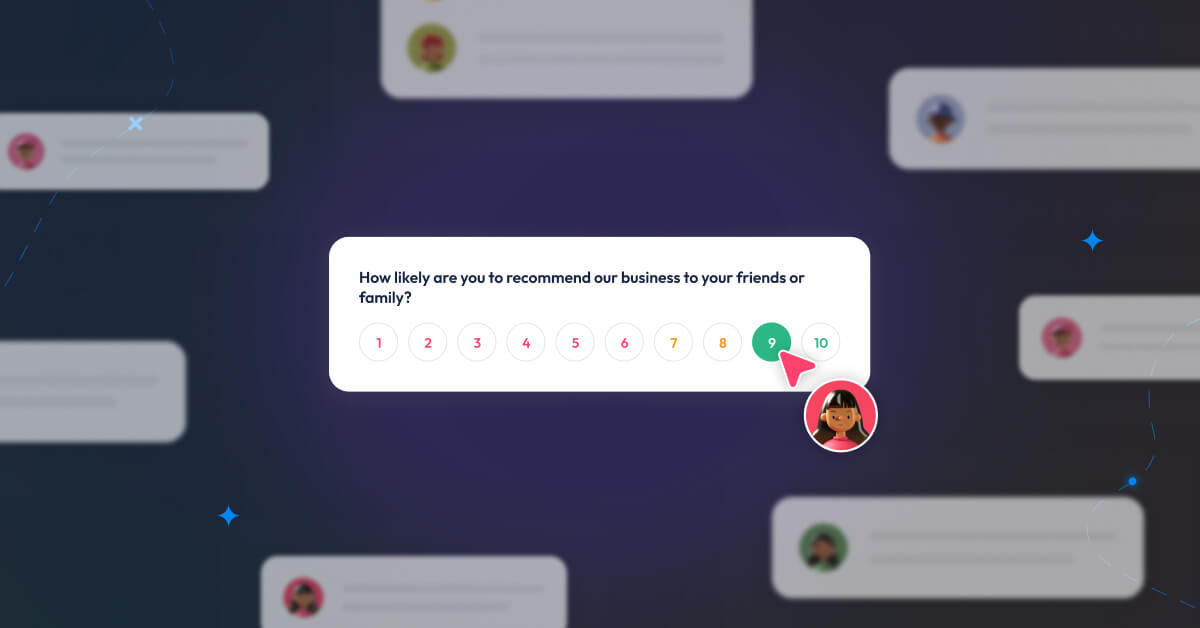
Feedback Management, the brand new tool in Partoo’s products, helps you get closer to consumer…
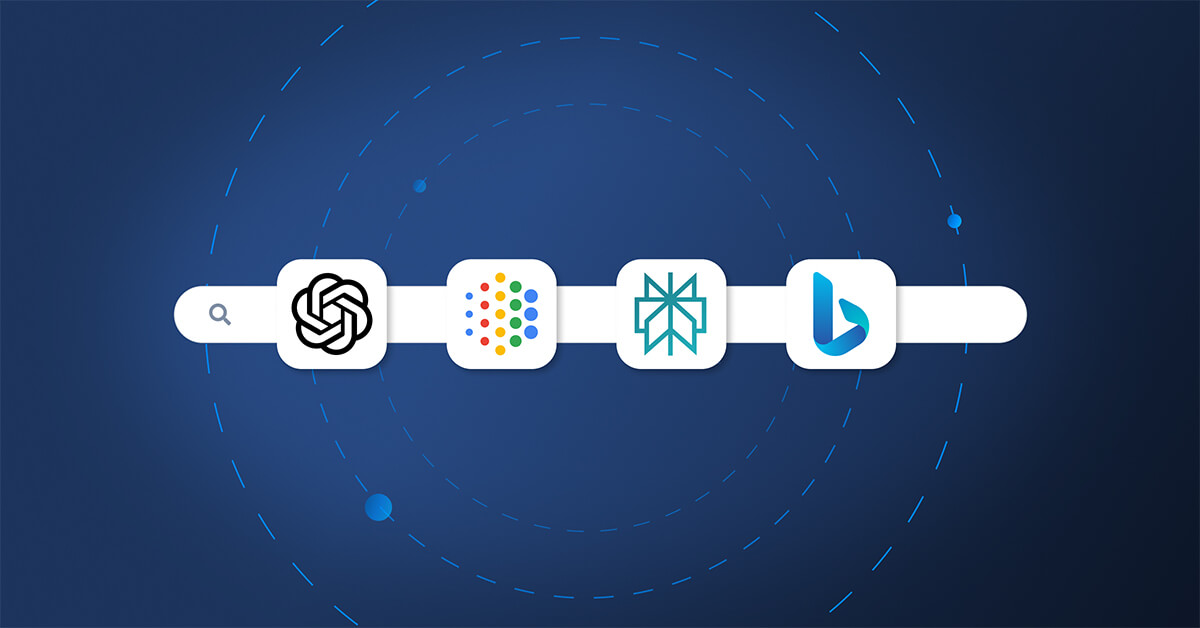
For several decades, Google has established itself as the undisputed leader of search engines. However,…
Receive our best articles and practical guides directly in your inbox every month